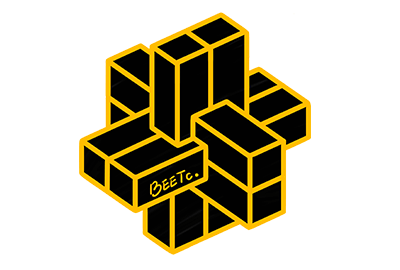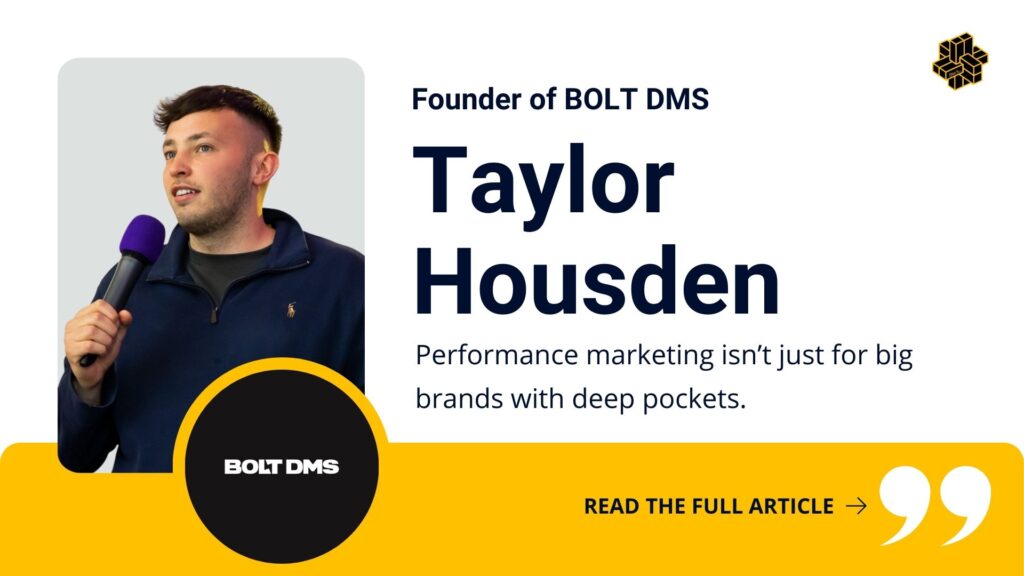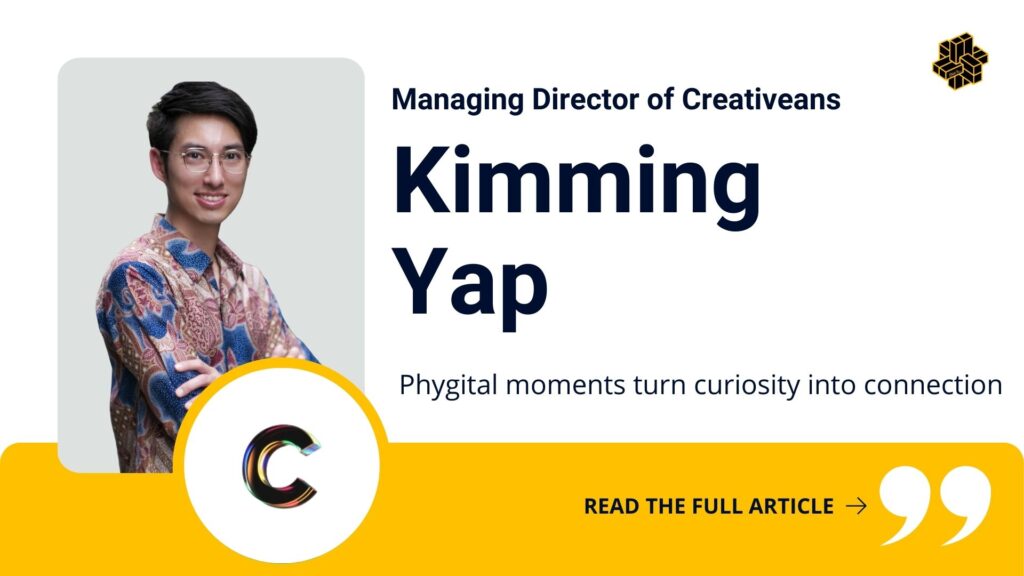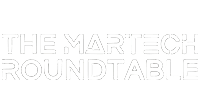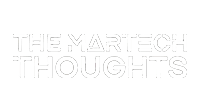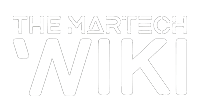How has your approach to customer engagement/retention/loyalty changed due to new MarTech tools and solutions?
Marketing Technologies enabled us to engage with customers with automated, real-time and more engaging communications integrated across devices-platforms, digital and traditional marketing channels. Via gamified missions and live-streaming, shoppers now have the opportunity to earn vouchers, making the whole shopping experience more fun and interactive.
With all the new MarTech tools and solutions now available, what’s one of the key pitfalls to avoid in the procurement process?
Marketers often underestimate the actual budget required for integrating MarTech tools. There are several hidden costs linked to implementation, maintenance, developing core competencies or hiring talents. It is also important to choose vendors with scalable models and flexible billing structure as companies grow in size and amount of users/data generated (exponentially for start-ups).
How have you best managed to integrate legacy systems with new MarTech solutions?
Our approach was to modernise legacy systems, either by re-platforming or rebuilding them from scratch. The key is to pinpoint any blockers in the integration process, whether it is a problem with legacy systems not able to scale up or fundamental functionalities/architecture limitations.
What MarTech vendors have impressed you with their solutions and understanding of true business needs and challenges?
Google and Adobe have both been impressive at proposing comprehensive cloud-based solutions and enabling conversations with customers along their purchase path. Both vendors are able to cater for the least tech-savvy ones as well as pure technologists who can deep-dive into APIs and raw data for tailoring solutions to individual company needs.
How has your organisation / team dealt with the challenge of the marketing industry and wider digital world evolving at such a fast pace?
At Lazada one of our key values is “change is the only constant”. As such it is in our DNA to embrace change, explore new digital trends, upgrade our marketing stack and digitise our operational model.
Currently, what are you primarily looking for in your digital marketing efforts? Awareness or engagement? Why?
Both awareness and engagement are important. In e-commerce the very first interaction with the platform is crucial and will determine the stickiness of future customers. And it is also important to nurture a relationship and empower brands/seller to do so via MarTech tools.
What is your key takeaway piece of advice that you would give when speaking to others on how to evaluate and select a MarTech stack?
“Have a clear vision, define your marketing strategy and goals first, then build your marketing stack as part of your overall strategy”
There isn’t one pre-defined marketing stack that works for all. Selecting a MarTech Stack requires thorough exploration, risk assessment and POC by Tech experts. It should not be a decision based on trends.
How did your MarTech journey begin? Please let us know your top 3 findings and discoveries.
I started my MarTech journey as a marketer in content optimisation and then moved to different roles across marketing domains including online marketing, product, tracking and data.
- I discovered the power of data and learnt that everything is measurable.
- Marketing and Technology are intertwined. Successful MarTech organisations are the ones who found the right mix between Marketing leaders with strong understanding of technology and technologist who have strong understanding of business.
- There is a lot of hype around new MarTech tools driven by digital transformations. It’s tempting to follow new trends and invest in new “eye-catching” MarTech tools and solutions but organisations should always keep in mind a long-term vision.
For you and your team, which is currently recognised as the larger challenge – MarTech integration or MarTech strategy?
MarTech integration. We have ambitious projects to integrate MarTech tools at large scale in a fast-moving environment.
Have you mainly chosen to adopt established MarTech or have you also looked into the emerging opportunities? Which?
At early stages we chose to adopt well-established MarTech tools, but as we evolved more and more into a tech company, we started developing technology in-house. Integrating our technology infrastructure with Alibaba has allowed us to stay ahead of the curve.
Which MarTech brands have you found have / are close to best meeting your expectations when it comes to customer experience? Let us know of any brands which have exceeded expectations.
Google, Adobe, Salesforce, Mailchimp, Adjust and Smartly.
What do you predict as being the top MarTech trends for 2020?
- More and more companies will merge their AdTech and MarTech efforts.
- Quantitive and qualitative data collection will keep growing exponentially, driven by IoT trends.
- AI Tool will emerge and turn data into better insights. We will see the emergence of AI and machine learning technologies able to predict customer purchase/churn intent.
- Marketers will start leveraging neuro-science marketing and customised contents/messages that directly reach customers’ affect.
